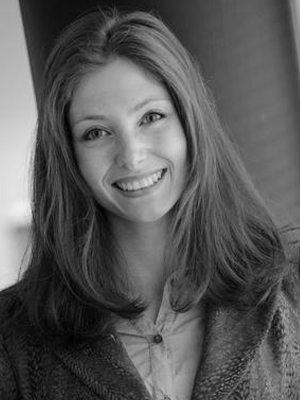Professor Juliane Reinecke
ISRF EARLY CAREER FELLOW 2013
Drawing on the “Economies of Worth” approach (Boltanski and Thévenot 2006; Dodier 1995; Breviglieri et al. 2009), the proposed research seeks to investigate the “politics of values”, that is the struggle for the institutional definition and maintenance of ‘value’, or ‘worth’.
The empirical case is the struggle for gold as an institution, in particular, with regards to “conflict gold” emanating from the Democratic Republic of Congo (DRC). The case illustrates the unfolding struggle among state, civil society actors and the market for the definition of ‘what value is’ in the context of a humanitarian crisis. Here, the question of value becomes interlaced with ethical and political questions. It almost is paradoxically that now that gold is traded at historically highest prices, and seen as the ‘last’ safe form of investment, its “worth” is equally challenged from alternative economies of worth put forward by both state and civil society actors. Not least in response to new legislative requirements of the Dodd-Frank Act in the U.S., the global gold industry is waking up to this threat. In order to protect and preserve the status of “gold is gold is gold”, it is beginning to establish new norms, conventions and procedures to protect the uniformity of gold as purely defined by economic worth.
Theoretically, the research seeks to challenge conventional economic approaches to the question of value by developing the notion of the ‘politics of values.’ Drawing on the anthropologist Appadurai (1986), it conceptualizes the ‘politics of values’ as the political process of establishing what and whose values matter in defining (economic) value. This refers to the political processes to influence and control the conventions (Eymard-Duvernay et al. 1989; Favereau 1989; Thévenot 1989) that come to be the governing regimes of value, or a “government of norms” (Thévenot, 1997; Boltanski and Thévenot, 2006). The ultimate political struggle then “is not even the struggle to appropriate value; it is the struggle to establish what value is” (Graeber, 2001:88). In the case of gold: Is gold just gold? Or can politically established norms and conventions establish different categories of gold associated with different values?

Juliane Reinecke joined King’s Business School in 2017 as Professor of International Management & Sustainability and Associate Dean (Impact & Innovation). Previously, she was Professor at Warwick Business School. Juliane also holds a Visiting Professorship in Sustainability at the University of Gothenburg, Sweden.
She is a Research Fellow at Cambridge Judge Business School, from where she earned her MPhil and PhD, and Fellow at the Cambridge Institute for Sustainability Leadership, both University of Cambridge. Juliane has studied Philosophy & Economics in Germany, USA and France and worked in strategy consulting.
Juliane’s research draws on insights from organization theory, political philosophy and process studies to explore, broadly speaking, how transnational governance institutions emerge and evolve as a result of the interactions of multiple stakeholders to promote more just and sustainable forms of globalization in global supply chains, but also organizations in general.
PROJECT OUTPUTS & ACTIVITIES
Contacting Fellows
If you would like to contact any of our Fellows to discuss their ISRF-funded work, please contact Dr Lars Cornelissen (Academic Editor) in the first instance, at [email protected].





